ChatGPT introduced Atlas: OpenAI’s AI-native browser
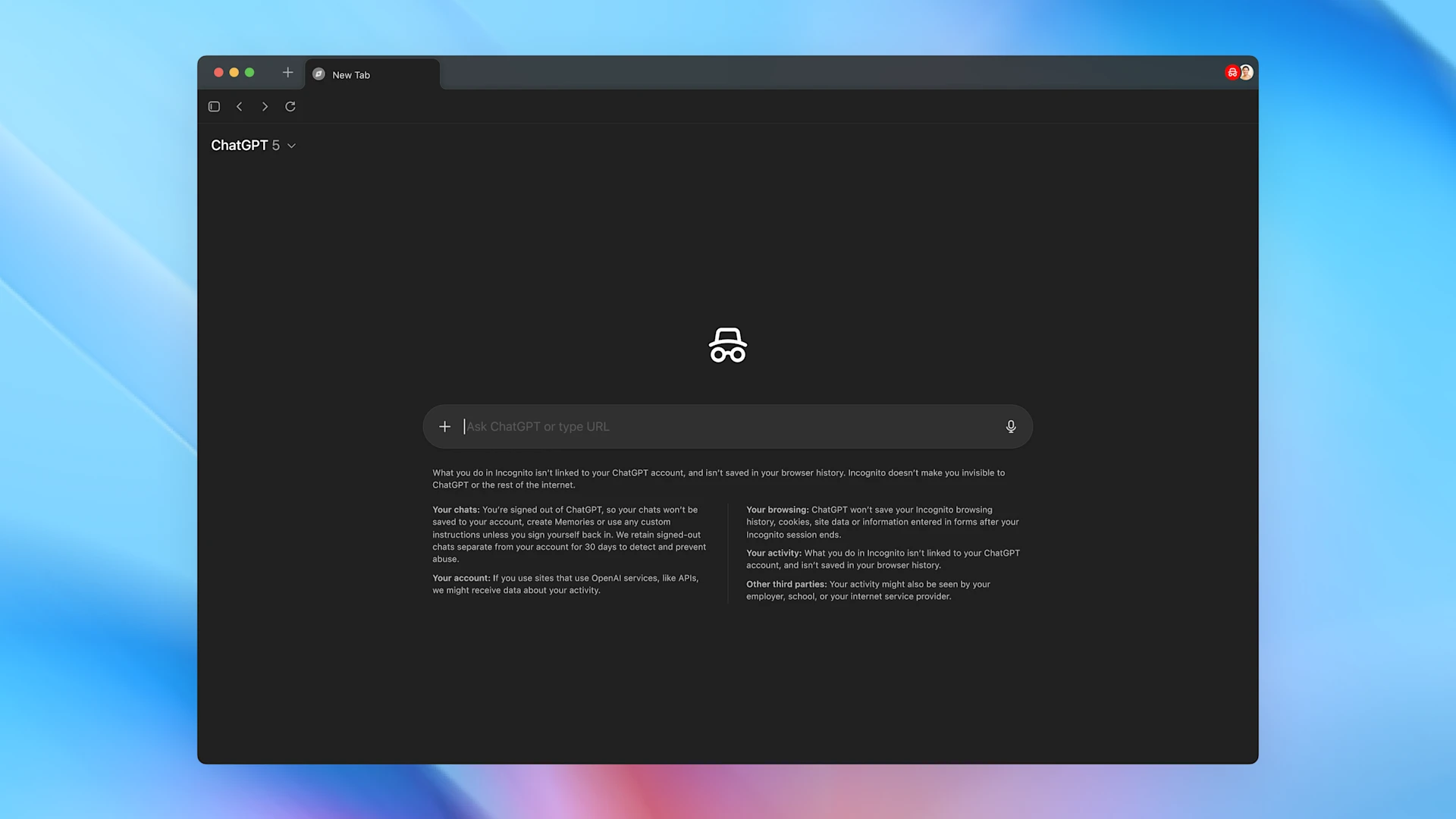
OpenAI launched ChatGPT Atlas, a desktop web browser with ChatGPT built in. It adds a persistent AI sidebar, an Agent mode that can act on web pages, and support for importing passwords/bookmarks/history. macOS is available now; Windows/iOS/Android are “coming soon.” Expect a shift from “searching” to “asking an assistant” directly inside the browser.
What Atlas is
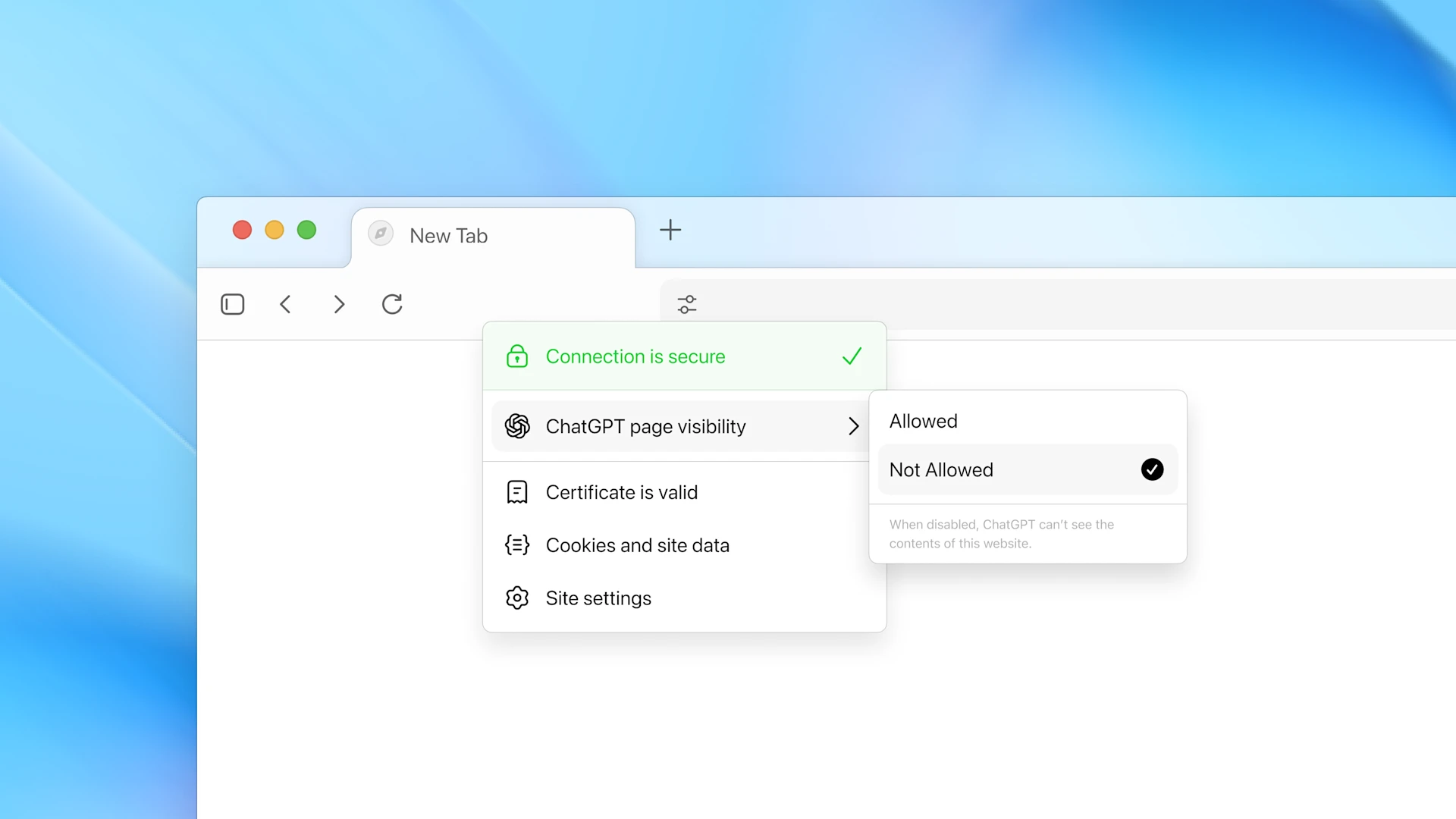
An AI-first browser where ChatGPT is part of the Chrome (the UI), not a separate site. OpenAI pitches it as a step toward a “super-assistant” that helps while you browse—summarizing pages, comparing products, extracting data, and drafting content in place.
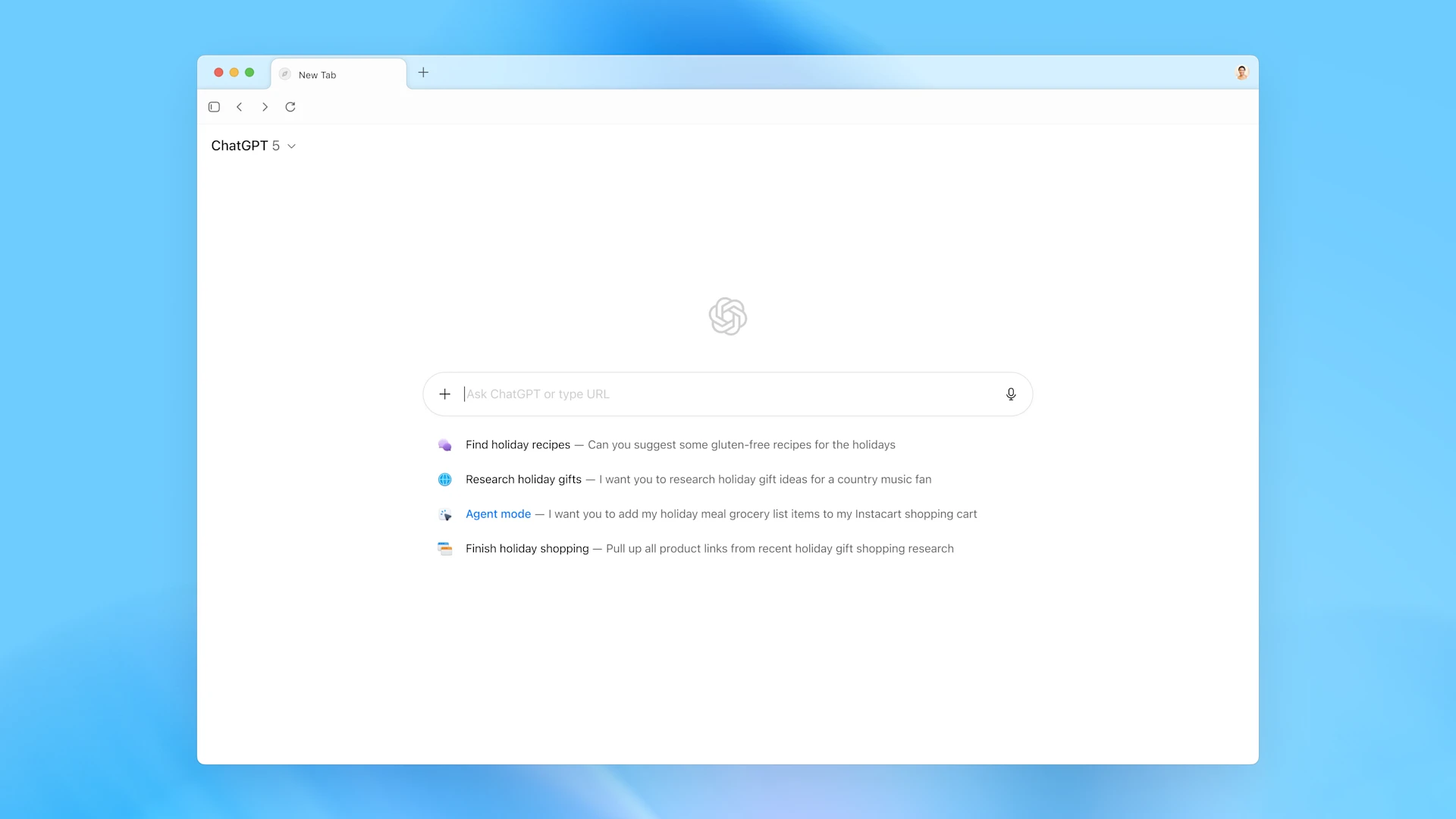
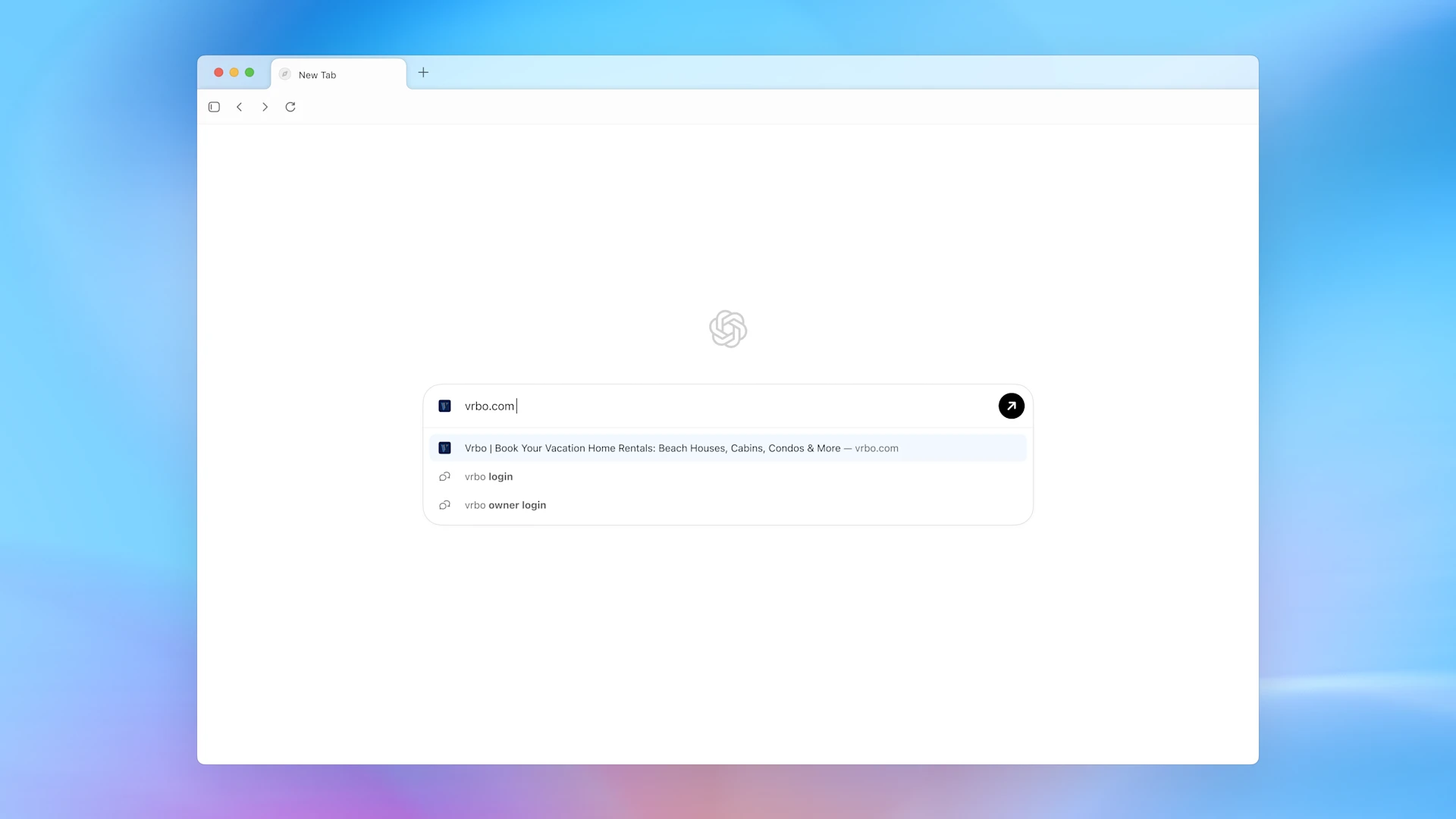
Key features
- ChatGPT Sidebar everywhere. Open a side panel on any site to summarize, analyze, compare, or rewrite without tab-hopping.
- Agent mode. Let's ChatGPT click around and complete tasks end-to-end on your behalf (e.g., trip research and checkout)
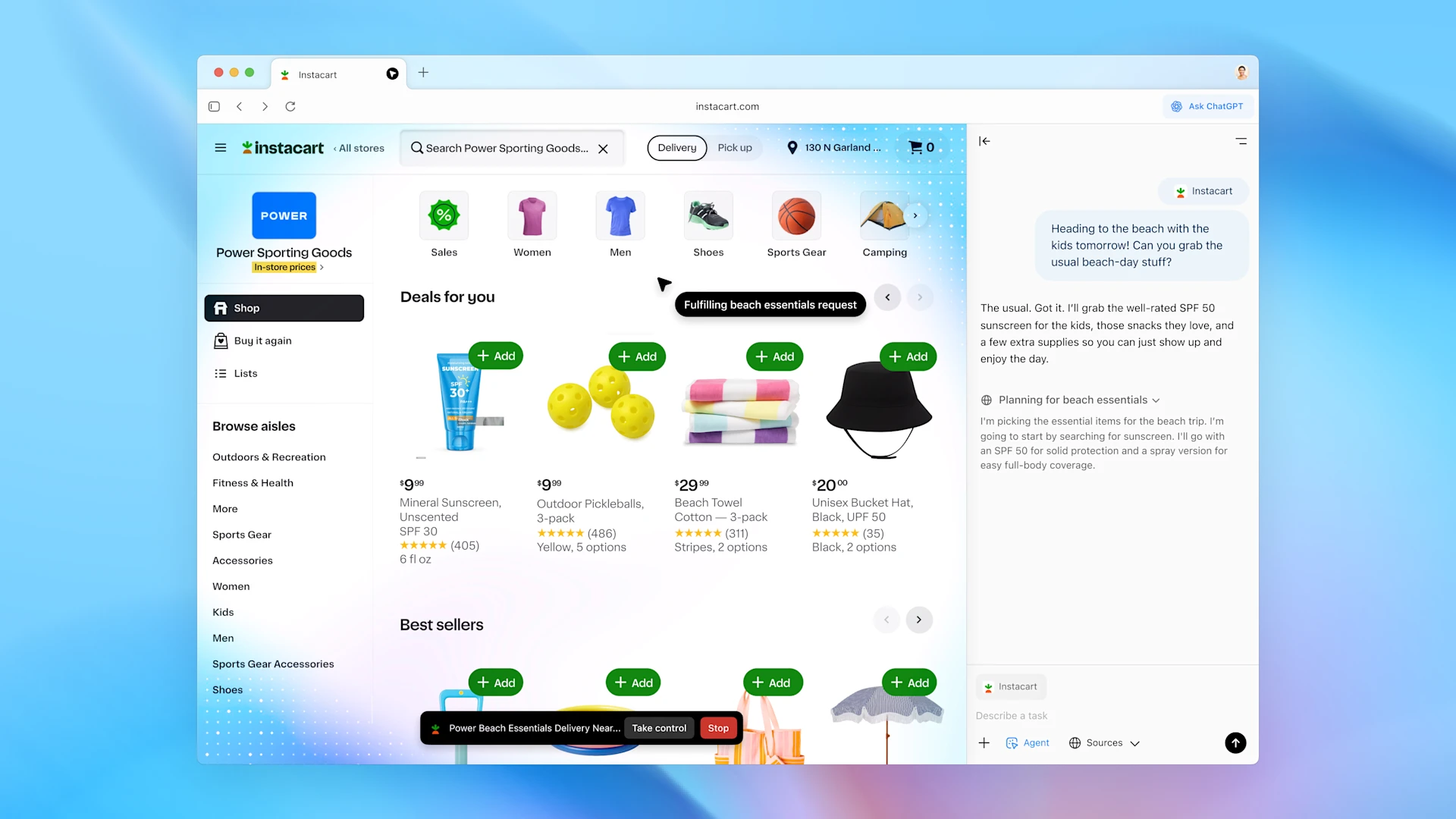
- Memory & privacy controls. OpenAI highlights user control; browsing data isn’t used for training by default, with an optional browser memory for personalization.
- Imports for quick migration. Bring passwords, bookmarks, and history from your current browser.
- Developer note (extensions/devtools). Coverage suggests Atlas is Chromium-based, but Chrome Web Store extension parity isn’t clearly confirmed at launch; treat extension support as TBD.
Availability & pricing
Platforms:
MacOS is available globally today; Windows, iOS, and Android are “coming soon.”
Who gets what
- Free users get the browser.
- Agent mode rolls out first to Plus/Pro (and business/beta) users.
Comments:
Please log in
to be able add comments.
